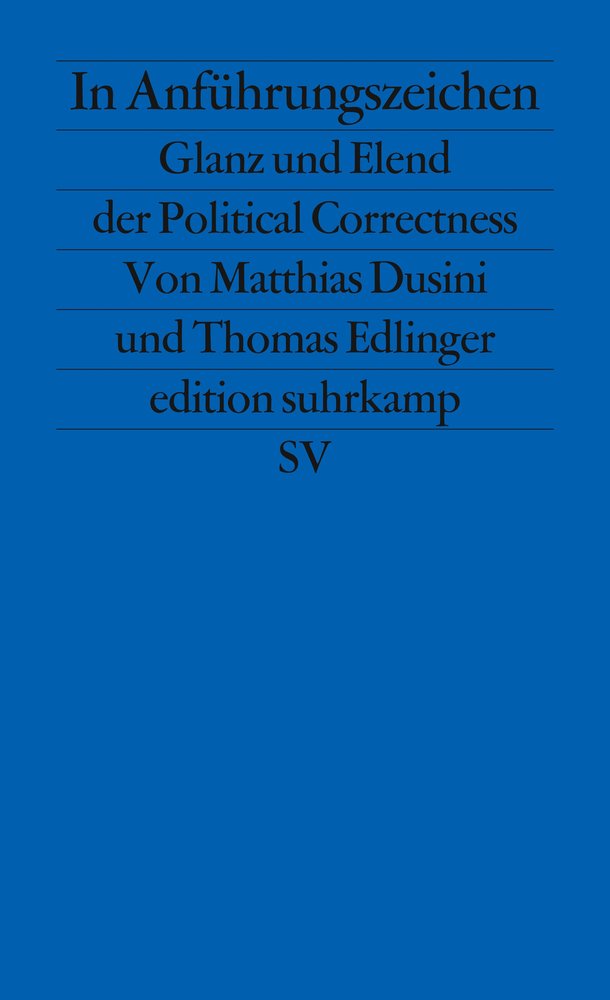Ein "schwuler" Außenminister in Deutschland und ein "schwarzer" US-Präsident repräsentieren nicht nur Staatsmacht, sondern zugleich einen Etappensieg der "Gutmenschen". Die qualmenden und hinternklopfenden Mad Men von einst werden in Gender-Ausschüssen in die Mangel genommen, während es für muslimische Frauen Bikini-Burka-Kreuzungen zu kaufen gibt. Das gesellschaftliche Leben scheint weder länger ohne "politisch korrekte" Nachjustierungen noch ohne die selbstheroisierenden Entrüstungen über angeblichen Tugendterror auszukommen. Anhand zahlreicher Fallbeispieler aus Politik, Kunst und Kultur analysieren die Autoren die aktuellen Ambivalenzen, alten und neuen Gegner und teils unvermuteten Komplizenschaften dieser Kulturrevolution - einer Revolution, die ganz leise und ohne Anführer die Mitte der Gesellschaft erobert und eine/n allgegenwärtige/n Zeitgenossen/In zum Subjekt hat: das Opfer.


